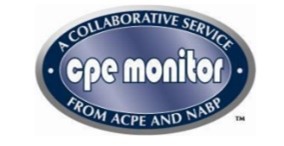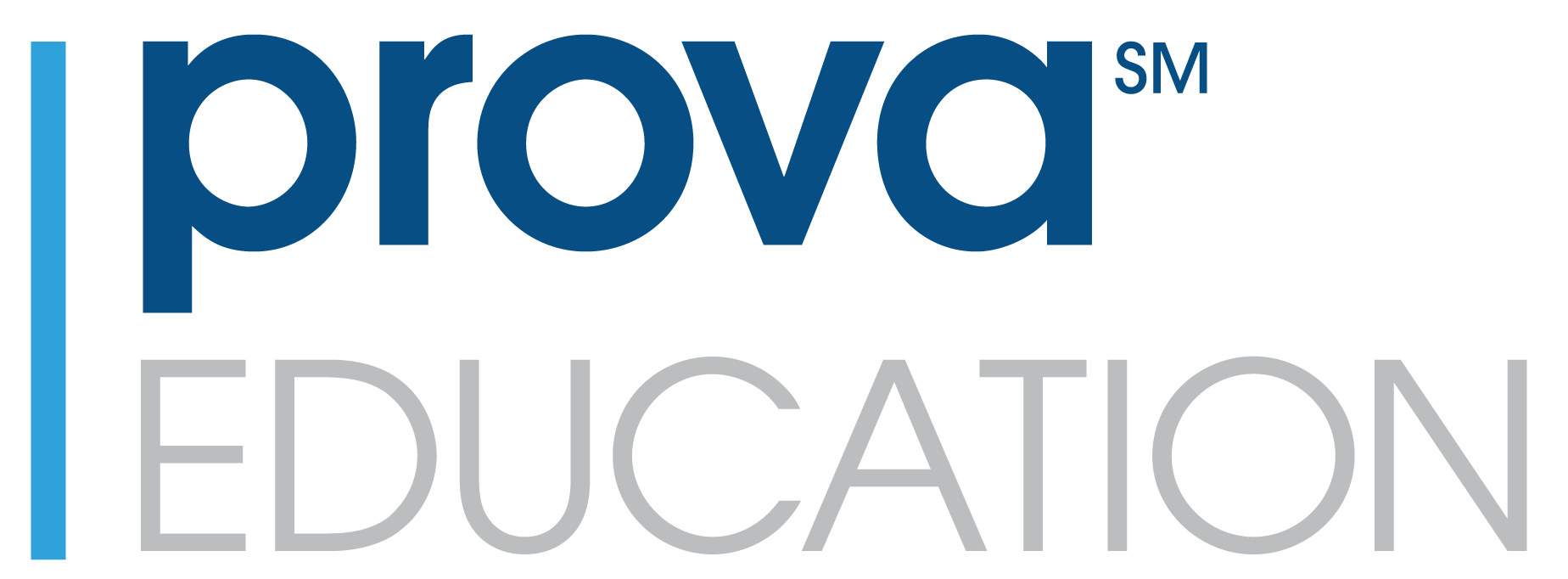Announcer:
Welcome to CME on ReachMD. This episode is part of our MinuteCE curriculum.
Prior to beginning the activity, please be sure to review the faculty and commercial support disclosure statements as well as the learning objectives.
Dr. Harbeck:
Hi, this is CME on ReachMD, and I’m Dr. Nadia Harbeck. In this episode, I'll review the emerging antibody-drug conjugates and their safety profiles.
Currently, we have 3 approved ADCs for treatment of breast cancer. We have T-DM1, we have T-DXd, and we have sacituzumab govitecan. They're already under investigation or even already part of our early breast cancer management, mostly in the post neoadjuvant setting. There's some studies ongoing in the neoadjuvant setting as well. And in early breast cancer, management of toxicities is slightly different from the metastatic setting. We have to maintain dose intensity because efficacy is key, not just maintenance of quality of life. And we should, in the curative setting under all circumstances, avoid long-term or harmful toxicities.
But now, let's review some of the emerging ADCs that are under investigation in breast cancer. First, there is datopotamab deruxtecan, Dato-DXd, which is a TROP2 antibody-drug conjugate with a DXd chemotherapy payload.
We have some GI toxicity from the PanTumor trial which was the most common treatment-emergent adverse event with a grade 3 or higher nausea of 2%, and 5% vomiting. There was no grade 3 or higher diarrhea, and there was some stomatitis, 11% grade 3 or higher, which led obviously to dose reductions and delay of treatment. There is some hematological toxicity, although low numbers. There was no case of grade 3 or higher neutropenia. There was 4% of anemia in the PanTumor study, and some thrombocytopenia.
The second antibody-drug conjugate which is also under investigation in breast cancer is patritumab deruxtecan, or HER3-DXd, which is a HER3 antibody coupled to the DXd chemotherapy payload. There is no data on cardiac toxicity. There was some ILD in the early-phase trials, about 7%, mostly grade 1 or 2. There was 1 case of grade 5 toxicity. And another study with 1 single dose, there was no such events.
The GI toxicity seems to be the most common treatment-emergent adverse events. And there's also some hematological toxicity, about 40% grade 3 or higher neutropenia, 19% in the single-dose study from SOLTI, about 19% anemia, and about 60% to 70% thrombocytopenia without any bleeding events reported.
In the trials, the side effects were managed according, obviously, to the trial protocols.I think it's important to be aware of these side effects as they may turn out to be the key toxicities for these trials. And some of them are unusual, like the stomatitis or the keratitis, the dry eye toxicities that we also saw with Dato-DXd. So we have to be aware of that and probably use a lot of proactive management in order to avoid toxicities that are dangerous for patients. But for the time being, we should learn from the clinical trials, and if we're part of the trial investigators, adhere to the study protocols.
So I hope this discussion was useful for you in your clinical practice and thank you very much for listening.
Announcer:
You have been listening to CME on ReachMD. This activity is provided by Prova Education and is part of our MinuteCE curriculum.
To receive your free CME credit, or to download this activity, go to ReachMD.com/Prova. Thank you for listening.


 In
In  Global Learning Collaborative (GLC) has been authorized by the American Academy of PAs (AAPA) to award AAPA Category 1 CME credit for activities planned in accordance with AAPA CME Criteria. This activity is designated for 1.0 AAPA Category 1 CME credits. Approval is valid until March 19, 2025. PAs should claim only the credit commensurate with the extent of their participation in the activity.
Global Learning Collaborative (GLC) has been authorized by the American Academy of PAs (AAPA) to award AAPA Category 1 CME credit for activities planned in accordance with AAPA CME Criteria. This activity is designated for 1.0 AAPA Category 1 CME credits. Approval is valid until March 19, 2025. PAs should claim only the credit commensurate with the extent of their participation in the activity. Global Learning Collaborative (GLC) designates this activity for 1.0 contact hours/0.1 CEUs of pharmacy contact hours.1
Global Learning Collaborative (GLC) designates this activity for 1.0 contact hours/0.1 CEUs of pharmacy contact hours.1 
